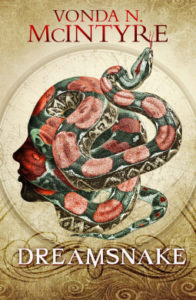 Dreamsnake, Vonda N. McIntyre
Dreamsnake, Vonda N. McIntyre
Received to review via Netgalley
It’s been quite a while since I read this, and I remembered it fondly enough, so when it came up on Netgalley, I decided to request it and do a reread. I only gave it three stars the first time, which surprised me when I looked it up and saw the raft of awards it got: Nebula, Hugo, Tiptree nomination, National Book Award finalist… I remembered it being quite like The Steerswoman in the narrative style, in the capable heroine; I remembered that the background of the story including queer and polyamorous characters in a casual, natural way — as well as plenty of capable women who knew what they were doing, who talked to each other (about things other than men!), who worked together.
Happily, all of that is still there, especially Snake’s care for others: for Melissa, and also for Gabriel, for Arevin, for the people she treats as a healer. Even for her snakes, though that’s not so surprising given that her livelihood relies upon them. And there are some quite lovely tender moments between Snake and the people she helps and becomes friends with.
The background of the story is fascinating too, and I don’t seem to have thought much about it before. It’s basically Earth, post-apocalypse, but exactly what that apocalypse was and how the aliens might have been involved, or even how long ago it was, are all shrouded and mysterious. And that background just lies behind the story, mostly not even used except in little bits — like the solution to breeding dreamsnakes. And there’s the whole issue of the healers using snake venom, how and why they would have begun that, how it all works. There’s room for half a dozen other stories here, though the one we’re told is a fairly straightforward redemption/quest story.
It’s still not quite a five star read for me: there’s something rather detached about it, emotionally, despite the tender moments. Sometimes the background feels a little too much like painted scenery. But for the most part, it was enjoyable to revisit Dreamsnake, and worth the time.




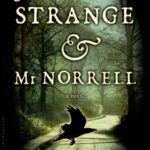
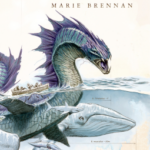
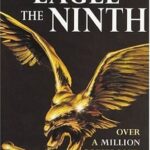

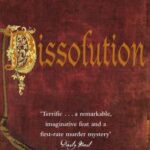
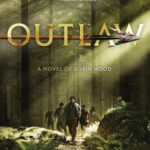
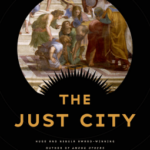


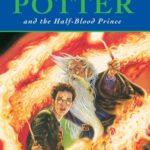
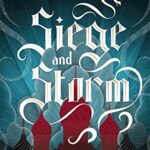

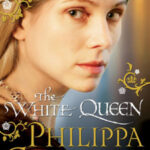
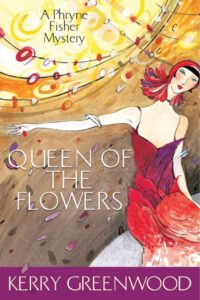
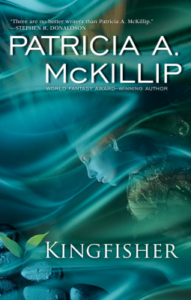
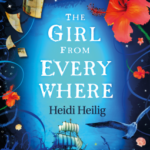
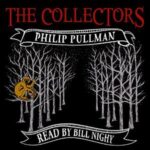





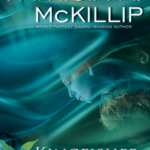

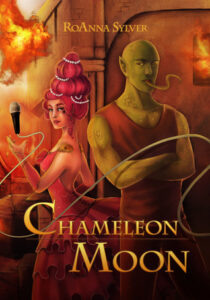
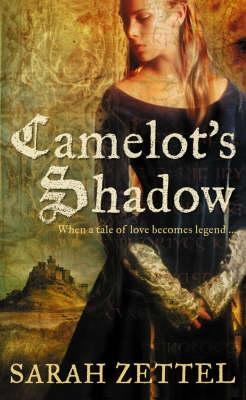 Camelot’s Shadow, Sarah Zettel
Camelot’s Shadow, Sarah Zettel